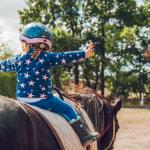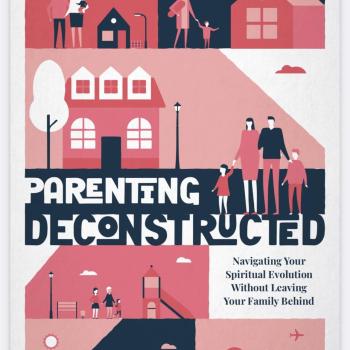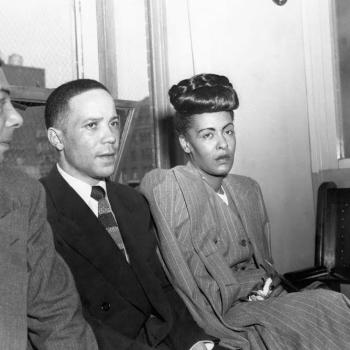 I was kneeling down over a flower bed when I noticed my daughter standing next to me. She was poised like she wanted to talk, so I just sat back on the grass. Lily was facing me directly with her hands on her hips, and then, she let me have it!
I was kneeling down over a flower bed when I noticed my daughter standing next to me. She was poised like she wanted to talk, so I just sat back on the grass. Lily was facing me directly with her hands on her hips, and then, she let me have it!
For a few years, I had been telling people that I was paddling my man boat through the estrogen sea, because I had two teenage daughters and I had no idea what to do. Lily has always been articulate since she was toddler, and she retains information like a sponge. So, I would have to conclude that since I have known her (her whole life), I have never won an argument with her – her husband seconds that sentiment.
Shortly after she started informing me about a few things, I found my self becoming agitated. You know, it’s those thoughts we have like, “Who does she think she is?” This type of incident happened another time and I had the same initial emotion. I am glad that I didn’t say something silly, “Like just calm down, and we’ll talk later.” She needed to express what she was thinking, and thankfully I realized this shortly after she started talking.
I can’t say that I comprehended everything she was trying to teach me, but she did teach me that day. She taught me about what makes her tick—she taught me about what she felt—she showed me her heat. It was a deeply intimate moment where she became the teacher that I always wanted to be for her. I am glad that I was able to dodge my initial instincts and hear her emotions as well as her wisdom.
It was about this time that I started to understand some of the things that were working for us as parents. It would become clarified later, after I went through a deconstruction and after our children were grown. But I imagine most of the years where our kids were growing, I probably had a bewildered look on my face most of the time. We received way too much advice from many different people that really didn’t know for sure what would work either.
Not only were we learning what was working, but we were also slowly discovering what never had a chance of maturing into anything viable. Some of these ideas were rooted in bad theology. Some of our decisions were conceived in ignorance. And many of them were just bad assumptions and listening to the wrong people. The common denominator in most of our bad decisions was that we tended to begin with fear.
Our worst decisions were rooted in fear.
I often state that almost every religion I have ever studied begins its theology with what we should be afraid of. It doesn’t really matter what the other person is selling, if they can convince us to be afraid of hell, or dying, or not being popular, they can sell us most anything.
It happened that way often in parenting. We would hear a news report that something was happening in record numbers. Other times, a pastor’s message might warn us about something we hadn’t ever considered, and then we became determined to take action or do something about it. When I was a preacher, I did this almost subconsciously. Influencers know that the strongest motivator, especially for parents, is fear.
But fear causes us to be reckless in our strategies. Because we are afraid of what might happen, we over-emphasize the urgency to fix a problem we didn’t’ even know existed yesterday. I was that way with purity rings after I watched a video that first created a fear, then made me feel guilty and prompted me to act as quickly as I could. I deeply regret giving them the rings—they never spoke of them after that day. The purity culture used our fears to market an agenda that was traumatizing to women and actually created more problems than solutions.
We were also often afraid of what people thought. In some ways, we realized it was happening and apologized to our children because we were in ministry, and we didn’t see another way out of it. Our children were incredibly gracious, but I always felt like I was sacrificing my integrity for some jackass that probably would turn on us a little later in the journey.
Today, I talk about being who we are (authenticity) and I deeply understand how much better being respected is than being liked. Even though my teenage children understood compromise, they respect me so much more being real now that they are older. I wish I would have been more authentic for them and myself during their formative years. I don’t even attend church now and so I regret much of that activity that I wasted trying to get the congregation to accept me.
I probably could write a book about the ways fear motivated me to hasty and unwise decisions in my life and my years as a parent. For the most part, our children understood that we weren’t perfect, but mostly because we learned to apologize when we got it wrong. Fear is never a good starting place for any decision. We are most always somewhat misinformed, and our emotions cause us to venture outside reasonable logic and into dangerous decisions.
But we did get a few things right. I’ll start discussing those tomorrow.
Karl













